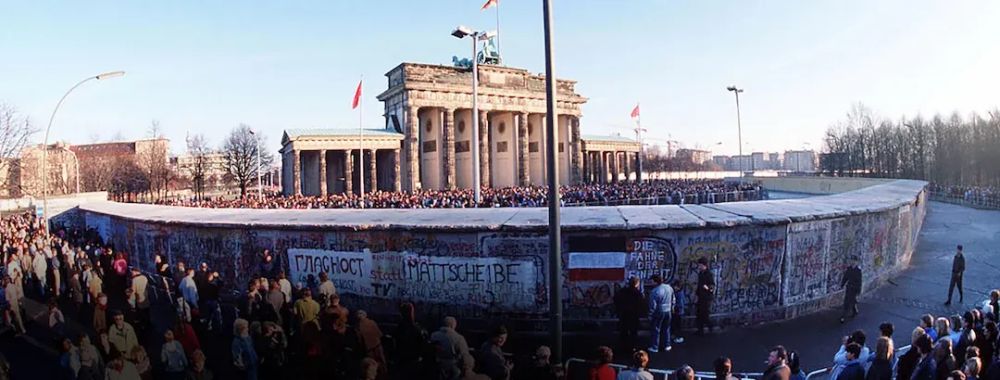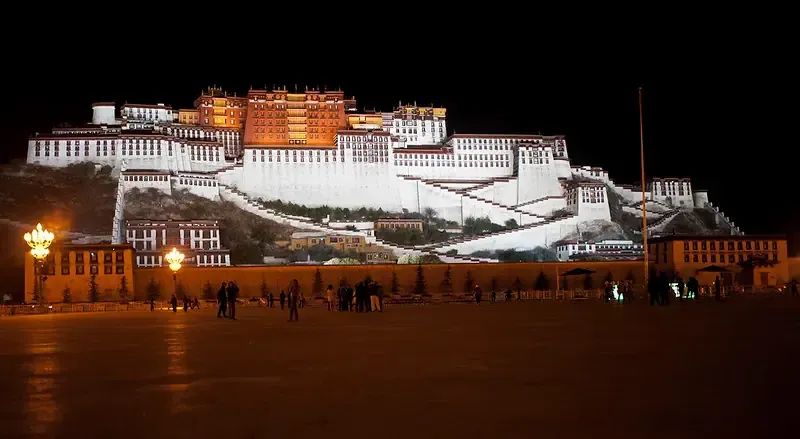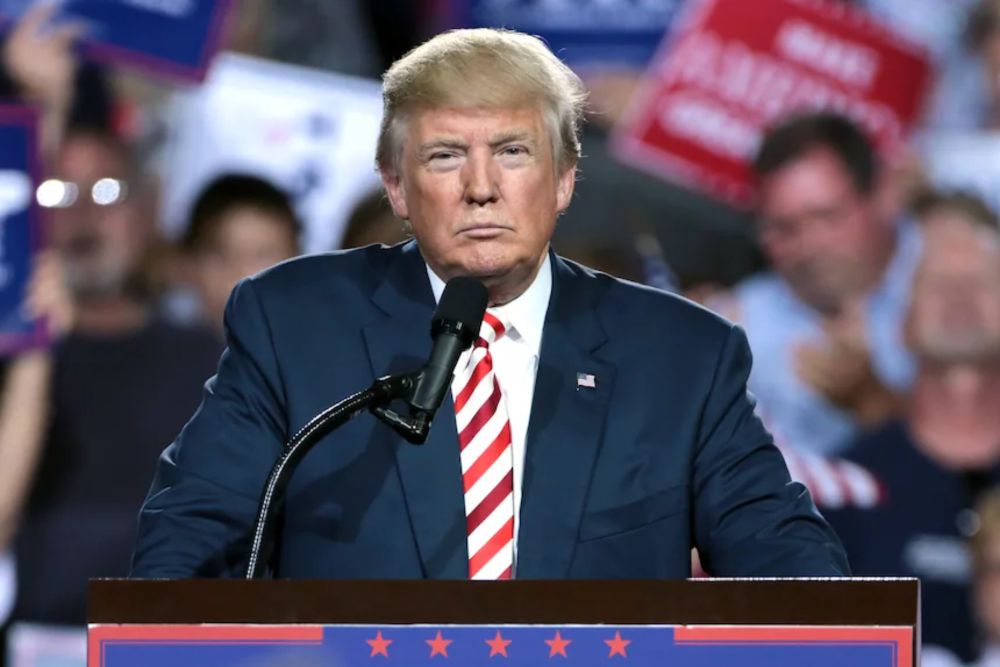Politics and Rights Review
@polrightsrev.bsky.social
4.5K followers
18K following
100 posts
A trilingual, open-access journal making recent research in human and social sciences accessible to a global audience. Visit us at: https://politicsrights.com
Posts
Media
Videos
Starter Packs
Pinned


























